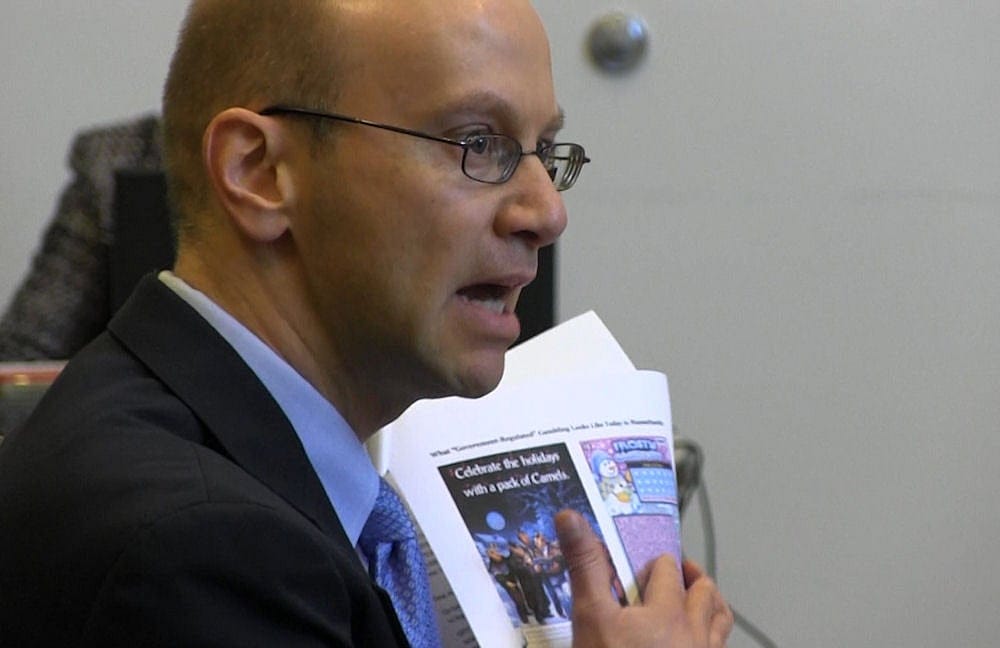Legislature urged to settle legality of fantasy sports betting

BOSTON — There is "some urgency" for the Legislature to weigh in on the legality and regulation of daily fantasy sports and online gaming, the Massachusetts Gaming Commission concluded in a white paper on the relatively-new form of sports wagering.
"Right now, it appears to us that the law concerning (daily fantasy sports) DFS is at best unsettled, and that there is a possibility that DFS could be considered illegal, even though the Attorney General has seen fit to move directly to the issues that really matter — consumer protection regulations that will permit the pleasure of DFS play, while protecting against its possible downsides," Gaming Commission Chairman Stephen Crosby wrote in an introduction of the paper.

